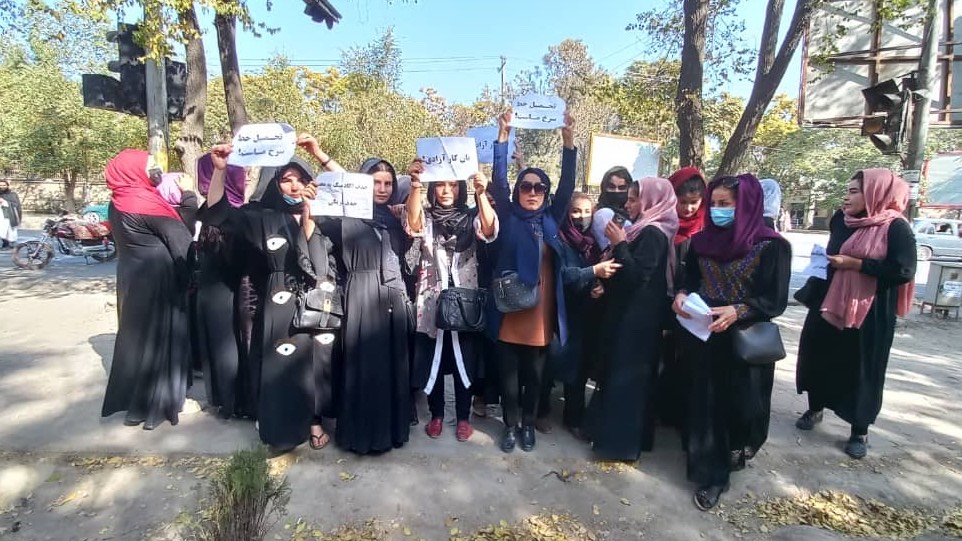A new United Nations report highlights that Afghan women express “dread and anxiety” at the thought of international recognition of the Taliban. The report, based on nationwide consultations by UNAMA, UN Women, and IOM, presents the perspectives of women across Afghanistan on their current situation and priorities.
Since the Taliban’s takeover in August 2021, they have introduced over 50 decrees curtailing women’s rights and dignity, with none reversed, the report states. The UN describes the Taliban’s vision for Afghanistan as one founded on the structural denial of women’s rights and well-being.
UN Women, IOM, and UNAMA have conducted quarterly consultations with Afghan women since August 2022. The latest round took place between January 27 and February 8, 2024, reaching 745 women across all 34 provinces via online and in-person group consultations and individual telesurveys.
Key Findings:
- Women expressed dread and anxiety when asked to consider the possibility of international recognition of the Taliban, the report said.
It added that around two-thirds (67 percent) stated that recognition would have a significant impact on their lives. Under the current circumstances, it could exacerbate the women’s rights crisis and increase the risk that the Taliban would reinforce and expand existing restrictions targeting women and girls.
- Women stated that international recognition should happen only after reversing all restrictions (32 percent) or after some specific bans are reversed (25 percent) on women and girls; 28 percent said that recognition should not happen at all, under any circumstances, the report said.
In July 2023, a similar question found that 96 percent of women maintained that recognition should only occur after improvements in women’s rights or that it should not occur at all, the report said.
- Following recent reports of the arbitrary and severe enforcement of the hijab decree, particularly in Kabul, women described how enforcement has increased harassment in public spaces and further limited their ability to leave their homes, the report said.
They fear arrest and the long-lasting stigma and shame associated with being taken into police custody.
- Over half of women (57 percent) felt unsafe leaving the house without a mahram. In particular, risks to their security and their anxiety levels worsened whenever a new decree was announced specifically targeting them.
- Only 1 percent of women indicated that they had “good” or “full” influence on decision-making at the community level – a steady decrease from 17 percent in January 2023. The absence of public infrastructure for women to gather and share their views and experiences, build communities and engage on issues they considered important left them without a pathway to participate in or influence decision-making.
- Women’s self-reported “good” or “full” influence on household decision-making has drastically decreased from 90 percent in January 2023 to 32 percent in January 2024. They continued to link their lack of rights, educational prospects and jobs to declines in household influence.
- Women described the intergenerational and gendered impact of Taliban restrictions and accompanying conservative shifts in social attitudes on children. Boys appeared to be internalizing the social and political subordination of their mothers and sisters, reinforcing a belief that they should remain in the home in a position of servitude. Girls’ perceptions of their prospects were changing their values and understanding of their possible future lives, the report said.
Recommendations
- Women requested the international community to not recognize the Taliban unless they reverse restrictions on women and girls.
According to the report, Women warned that the Taliban’s track record on women’s rights showed that they cannot be trusted to improve the current situation. They viewed recognition before tangible progress on women’s rights as the worst case scenario.
- Women expressed deep disappointment with those Member States that, in their efforts to engage the Taliban, overlook the severity of an unprecedented women’s rights crisis and the associated violations of international law, based on the treaties Afghanistan has ratified, the report said.
- Women maintained that the best ways for the international community to improve their situation were to link international aid to better conditions for women, and to facilitate opportunities for women to talk directly with the Taliban, the report said.





